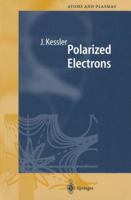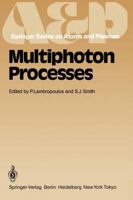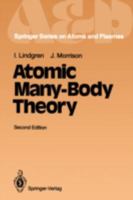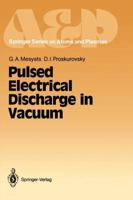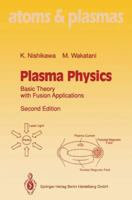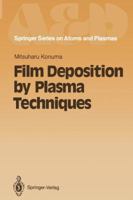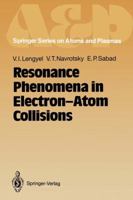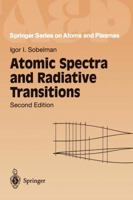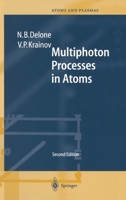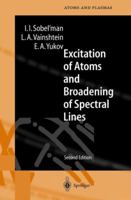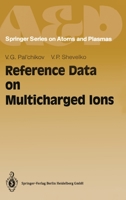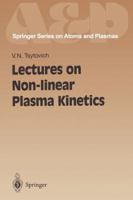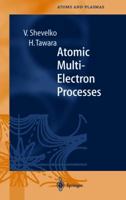Energie: Physikalische Grundlagen Ihrer Erzeugung, Umwandlung Und Nutzung
Select Format
Select Condition 
Book Overview
Das vorliegende Buch soll dem naturwissenschaftlich interessierten Leser eine sachliche Orientierungshilfe geben. Es korrigiert manch emotional motiviertes Wunschdenken, stellt aber auch konkrete Argumentationshilfen für die Durchsetzung innovativer Konzepte bereit.
Die Autoren möchten durch die Bereitstellung ihres Wissens dem Leser Fakten an die Hand geben und dazu beitragen, die vielen kontrovers geführten Diskussionen zu versachlichen. Dies mag sich zuweilen auch in unterschiedlichen Ansätzen des Autorenteams bei Problemskizzierungen und Lösungsvorschlägen widerspiegeln.
Related Subjects
Behavioral Sciences Child Psychology Education Education & Reference Education Theory Educational Psychology Health, Fitness & Dieting Health, Fitness & Dieting Parenting & Relationships Personal Transformation Psychology & Counseling Reference Schools & Teaching Science & Math Self-HelpCustomer Reviews
How Children Learn Mentions in Our Blog
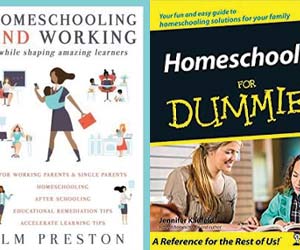
Back to school? Maybe not for a while yet. Due to ongoing school closures, many families may find themselves homeschooling again this fall. Here are some guides to help chart the way as you traverse this unexpected territory.











![Paperback Energie: Physikalische Grundlagen Ihrer Erzeugung, Umwandlung Und Nutzung [German] Book](https://i.thriftbooks.com/api/imagehandler/m/97708280969752BC21368B79D1B2925AF3B39036.jpeg)

